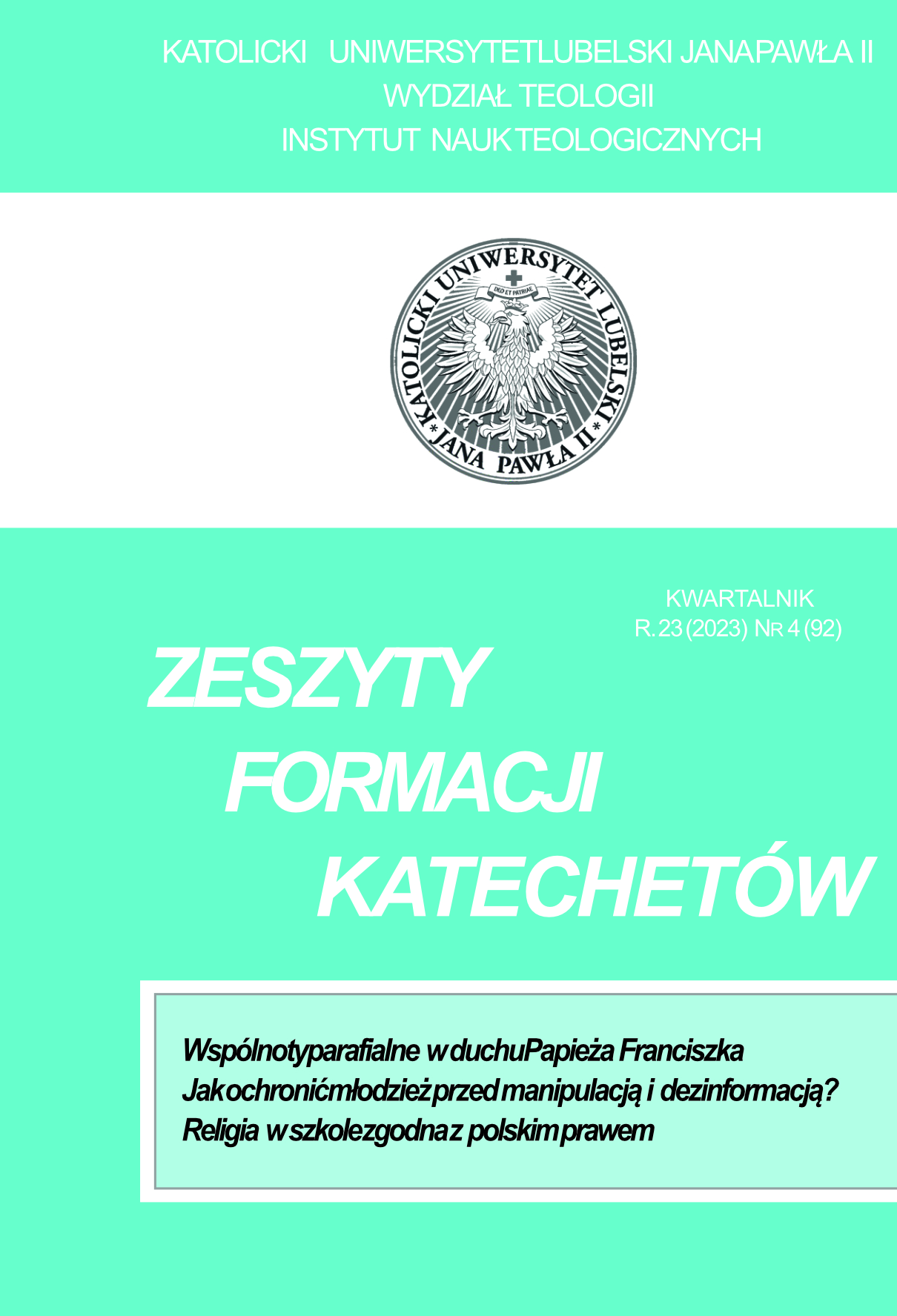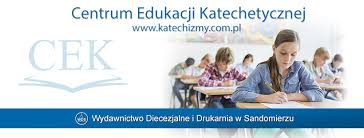How to protect young people from manipulation and disinformation?
Keywords:
disinformation, manipulation, fake news, young people, media educationAbstract
There are many benefits to using digital media. By being able to communicate from virtually anywhere on earth, transmitting and receiving information, the media provide entertainment, educate and are a source of income. However, apart from the benefits of using the Internet, one cannot remain indifferent to the threats it brings. So far, the attention of Internet threat researchers has focused mainly on cyberviolence and addiction, but the threats arising from broadly understood disinformation on the Internet are also important. Young people who are just entering adolescence and discovering their own hierarchy of values are attacked with fake news almost every day. Due to their young age and tendency to succumb to group pressure, they do not verify the origin of the information they read or its credibility. The young generation for whom the Internet is a natural source of acquiring knowledge very often has problems with critical evaluation of information because it requires knowledge, commitment, time and, above all, the willingness of the recipient. In this context, the role of parents and teachers seems to be very important, as they should sensitize young people to this threat and help develop critical thinking in young people. Media education also faces a great task, as it seems to be a key tool in the fight against disinformation and manipulation on the Internet.
References
Babraj R., Czym jest fack checking – zarys inicjatyw na świecie i w Polsce, w: Zjawisko dezinformacji w dobie rewolucji cyfrowej. Państwo. Społeczeństwo. Polityka. Biznes, red. M. Wrzosek, NASK Państwowy Instytut Badawczy, Warszawa 2019.
Bąk A., Korzystanie z urządzeń mobilnych przez małe dzieci w Polsce. Wyniki badania ilościowego, Fundacja Dajemy Dzieciom Siłę, Warszawa 2015.
Borkowska A., Polak Z, Edukacja medialna jako forma przeciwdziałania dezinformacji. Jak chronić młodzież przed manipulacją?, w: Zjawisko dezinformacji w dobie rewolucji cyfrowej. Państwo. Społeczeństwo. Polityka. Biznes, Red. M. Wrzosek, NASK Państwowy Instytut Badawczy, Warszawa 2019.
Cęcelek G., Gogolewska-Tośka M., Rola edukacji medialnej w procesie przygotowania dzieci i młodzieży do racjonalnego korzystania z przestrzeni wirtualnej, w: Kultura i wychowanie, nr 1(21)/2022.
Kamińska-Szmaj I., Propaganda, perswazja, manipulacja – próba uporządkowania pojęć, w: Manipulacja w języku, red. P. Krzyżanowski, P. Nowak, Lublin 2004.
Lepa A., Świat manipulacji, Częstochowa 2011, s. 23.
Łęcicki G, Edukacja medialna jako istotna cecha nowoczesnego społeczeństwa, w: Kultura – Media – Teologia, nr 3 (2010).
Manipulacja, Słownik języka polskiego PWN, Red. E. Sobol, Warszawa 2002.
Nagi J., Manipulacja jako narzędzie dezinformacji, Resovia sacra, r. 26 (2019).
Naucz mnie… jak być cyberodpornym. Praktyczny podręcznik dla nauczycieli, red. I. Prószyńska, Instytut Kościuszki, Kraków 2022.
Ogonowska A., Edukacja medialna. Klucz do rozumienia społecznej rzeczywistości, Wydawnictwo Towarzystwa Naukowego „Societas Vistulana”, Kraków 2003.
Szulc M., Manipulowanie informacją w sieci za pomocą fake newsów jako zagrożenie dla młodzieży, Psychologia wychowawcza, nr 17/2020.
Downloads
Published
How to Cite
Issue
Section
License
Copyright (c) 2024 The Journals of Catechetical Formation

This work is licensed under a Creative Commons Attribution-NonCommercial-NoDerivatives 4.0 International License.






